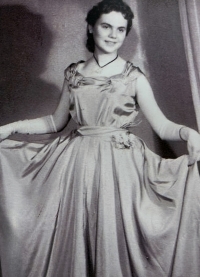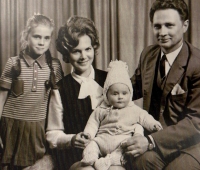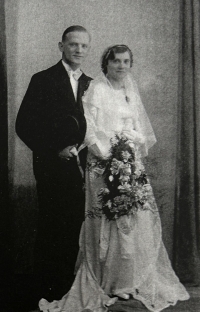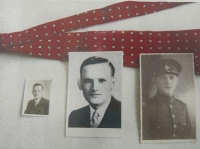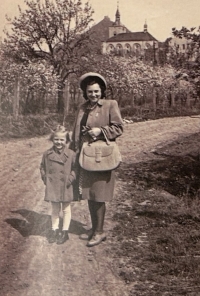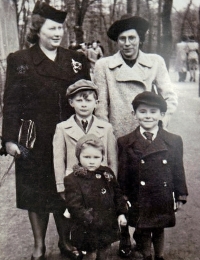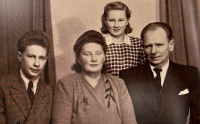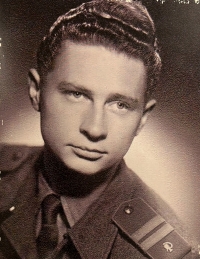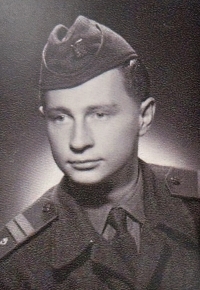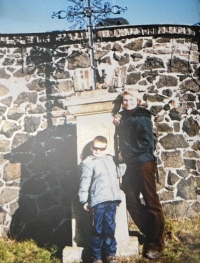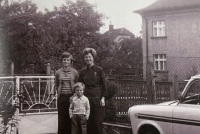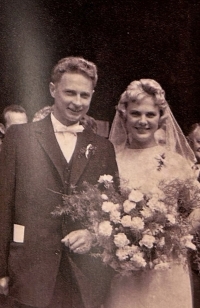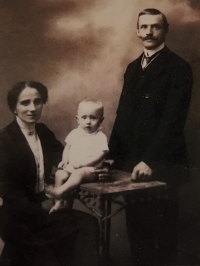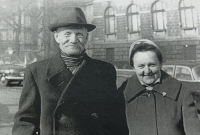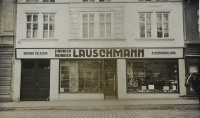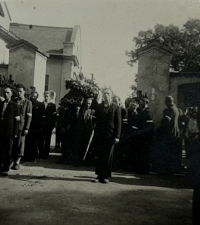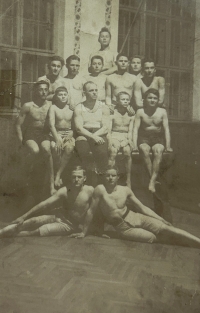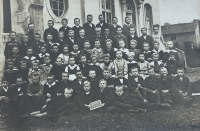I broke a mirror, my mom said it would be seven years of misery. There were many more
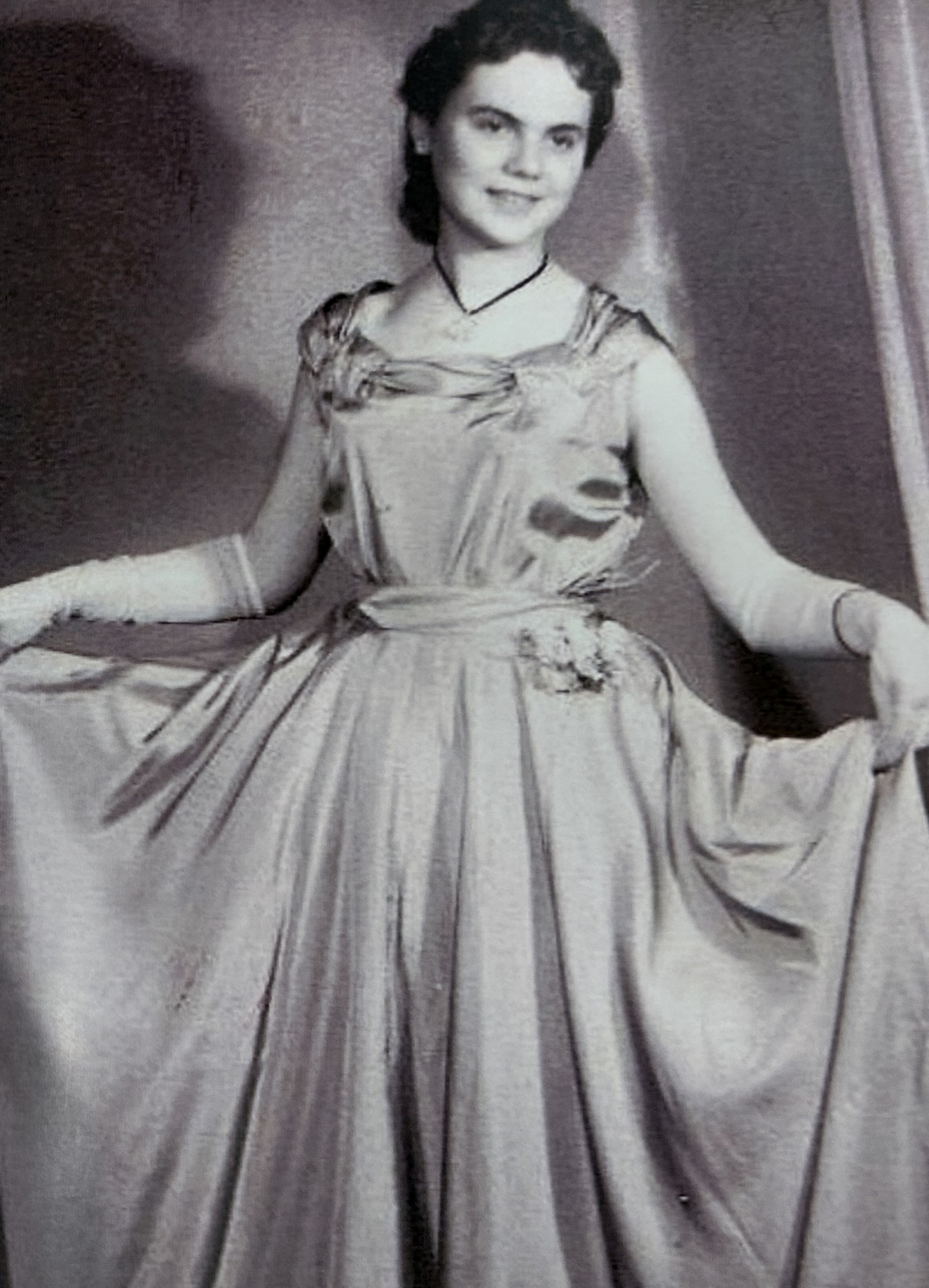
Download image
Hana Hejlová, née Kadlecová, was born on February 6, 1943 in Lovosice to Johana and František Kadlec. Both parents came from Czech-German families. On May 8, 1945, her father was tragically killed in a shootout with German soldiers. Her mother, who was six months pregnant at the time, miscarried soon after her husband’s funeral. After the end of the Second World War, all her grandparents were deported as Germans. Her maternal grandmother died in an internment camp. Her grandfather had the opportunity to return to Czechoslovakia, but out of fear that he might cause trouble for his daughter and granddaughter, he refused. After completing her primary education, she entered a two-year school of economics in Ústí nad Labem. She first worked as a typist at the courthouse and later worked as a clerk in a bank. In 1961 she married Jiří Hejl. The couple had a daughter Jana in 1963, a daughter Irena in 1971 and a son Jiří in 1977. Although she was offered membership in the Communist Party of Czechoslovakia (KSČ) during the normalisation period, she refused. In 2024 she lived in a home for the elderly in Libochovice.
